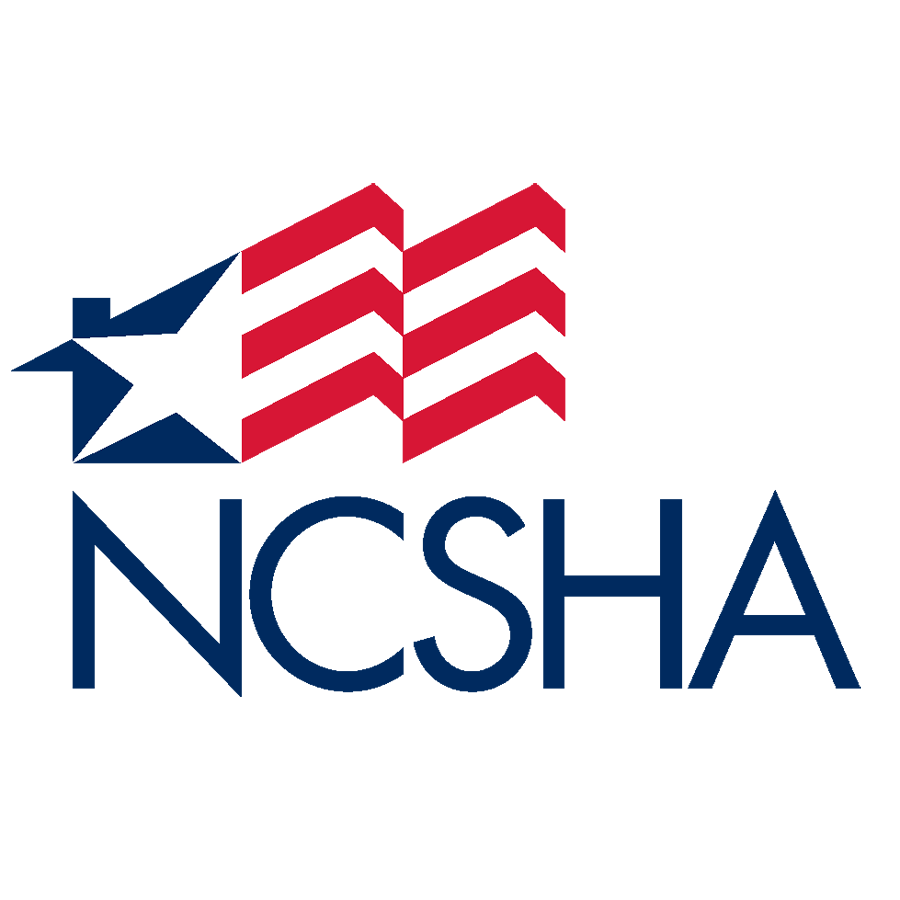NCSHA Presses for Changes to IRS Housing Credit Average Income Test Proposed Rule

Today, NCSHA submitted comments to the Internal Revenue Service (IRS) urging it to make changes to the Low Income Housing Tax Credit (Housing Credit) Average Income Test (AIT) minimum set-aside regulations the Service put forth in a recent Notice of Proposed Rulemaking. NCSHA worked closely with Housing Credit leaders in Congress on developing the concept of the AIT and drafting the legislative language, which first appeared in the Affordable Housing Credit Improvement Act of 2016 and was eventually enacted as part of the Consolidated Appropriations Act of 2018. Unfortunately, the IRS AIT proposed rule sets what NCSHA believes to be an unnecessarily rigid standard for meeting the AIT minimum set-aside, creating excessive risk to investors and likely negatively impacting interest in AIT properties. It also stymies practical implementation of the AIT by preventing owners from changing unit income designations over time, even if such changes are needed to comply with other housing program rules or if the lack of such flexibility creates conflicts with fair housing- and accessibility-related laws.
NCSHA’s comment letter outlines our position that the proposed rule goes beyond what is necessitated by the tax code for meeting the minimum set-aside standard, is inconsistent with IRS’s treatment of the other minimum set-aside elections, and is especially unreasonable in cases of noncompliance caused by casualty losses, and that, while we appreciate the safe harbor IRS provides by allowing certain mitigating actions over a limited period of time, this safe harbor is insufficient to address the problems created by this proposed guidance.
Our comment letter also explains why barring changes to unit designations is inconsistent with other IRS policies and creates the potential for conflicts with the Fair Housing Act, Section 504 of the Rehabilitation Act of 1973, and the Violence Against Women Act. It also would make many HUD and USDA programs incompatible with AIT Housing Credit properties, significantly reducing the utility of the AIT as a tool to broaden the Housing Credit program’s reach, and create other practical limitations to implementation.
NCSHA recommends that IRS change its position on the standard for violation of the minimum set-aside and instead require only 40 percent of the units in a property to average to 60 percent of AMI as a condition of meeting the set-aside, which we believe is consistent with the statute. Further, IRS should require a 60 percent average across all units (the Average Test required by the statute), but noncompliance resulting in a violation of the Average Test should result only in the possibility of loss of credits or recapture on the unit(s) in question, not all credits property-wide. NCSHA also urges IRS to reconsider its prohibition against making changes to unit income designations.
Contact Jennifer Schwartz with questions or if your organization would like to submit comments to IRS in support of NCSHA’s position. Comments are due to IRS by December 29.

